Send us a Message
- Destinations
- Tours
- By Destinations
- By Themes
- Suggested Combination
- Duration
- About Us
- Reviews
Bali enjoys a tropical climate with warm temperatures averaging between 26°C and 32°C throughout the year. The island has two distinct seasons influenced by monsoon winds: the dry season from April to October, characterized by sunny days and lower humidity, and the wet season from November to March, bringing heavier rainfall and higher humidity. Despite seasonal changes, Bali remains a year-round destination, with each period offering unique experiences ranging from vibrant festivals and lush landscapes to idyllic beach weather.
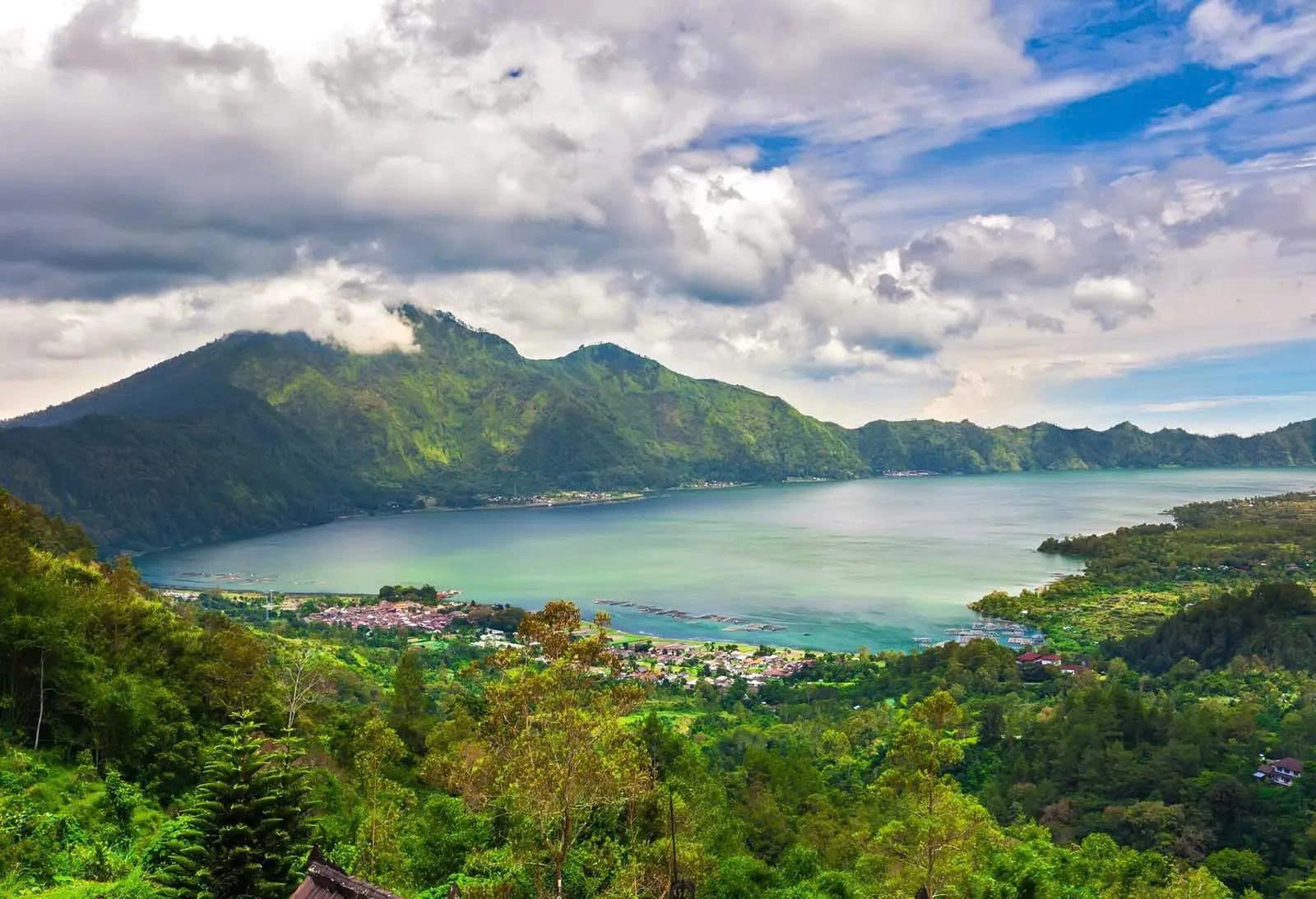
Bali Climate & Best Time to Travel
Bali’s rhythm of life is shaped by its two monsoon seasons, each painting the island with a distinct character.
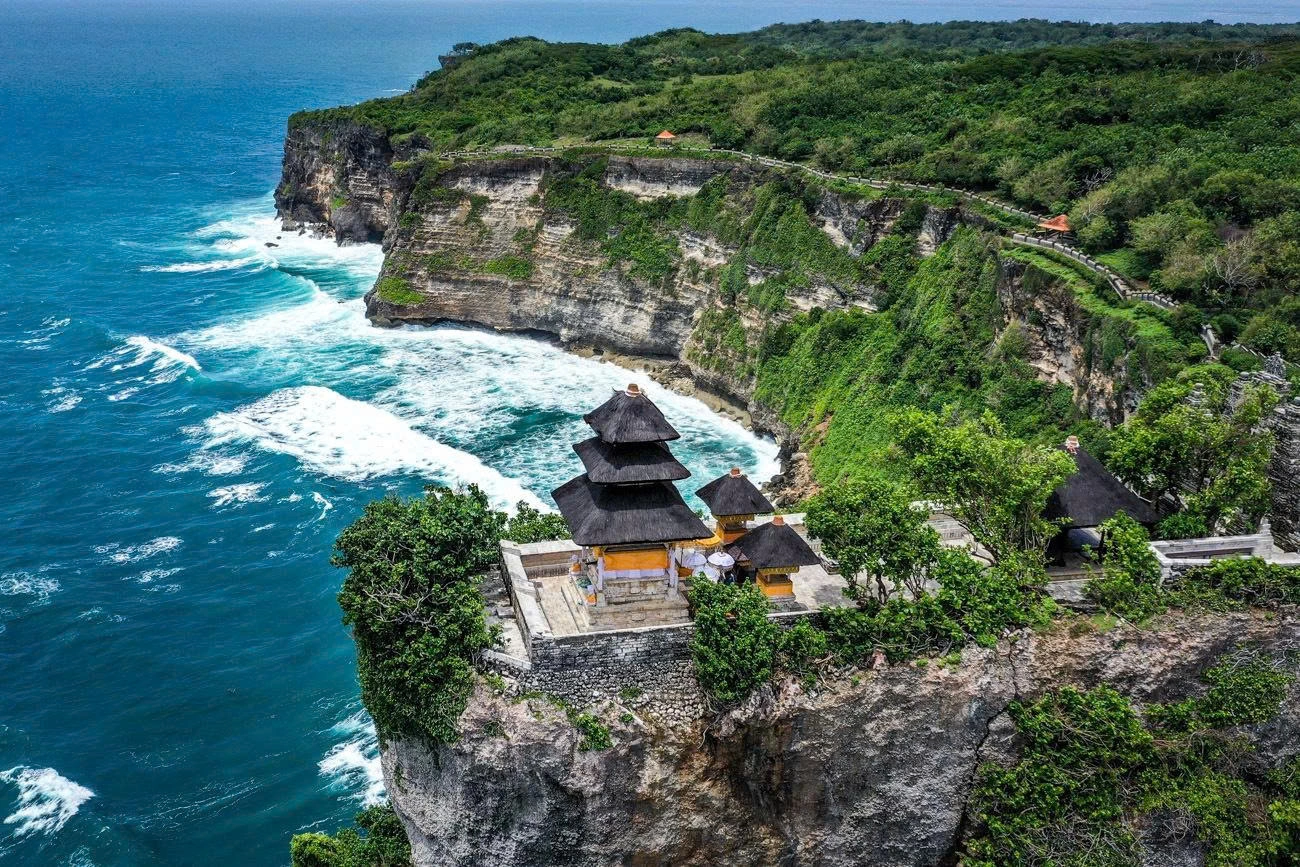
The dry season (April – October) is when Bali reveals its most idyllic face. Skies are clear and blue, the air is lighter with lower humidity, and temperatures hover pleasantly between 27°C and 31°C. It is the season of golden sunsets and calm seas—perfect for sun-drenched days on the beaches of Nusa Dua or Seminyak, thrilling surf sessions in Uluwatu, or sunrise treks up Mount Batur. Inland, the cooler highlands of Ubud and Munduk invite travelers to wander through rice terraces, hidden waterfalls, and centuries-old temples. July and August mark the height of the season, when the island is alive with festivals, cultural performances, and the vibrant energy of international holidaymakers.
By contrast, the wet season (November – March) bathes Bali in lush abundance. Short yet powerful tropical showers, often arriving in the late afternoon, leave behind fresh mornings and emerald landscapes at their most vivid. Temperatures remain warm, averaging 28–32°C, but the higher humidity lends the air a tropical intensity. This is Bali at its most tranquil, when temples stand quietly against misty backdrops, waterfalls roar with renewed strength, and rice paddies shimmer in shades of green. It is a time for slower journeys—yoga retreats, traditional cooking classes, indulgent spa escapes, and cultural exploration far from the crowds. December through February see the heaviest rains, yet also a festive vibrancy as visitors from around the world gather to celebrate Christmas, New Year, and Lunar New Year on Balinese shores.
Whether basking in the clarity of the dry season or embracing the lush serenity of the rains, Bali offers a timeless allure, ensuring that every season brings its own beauty and reason to visit.
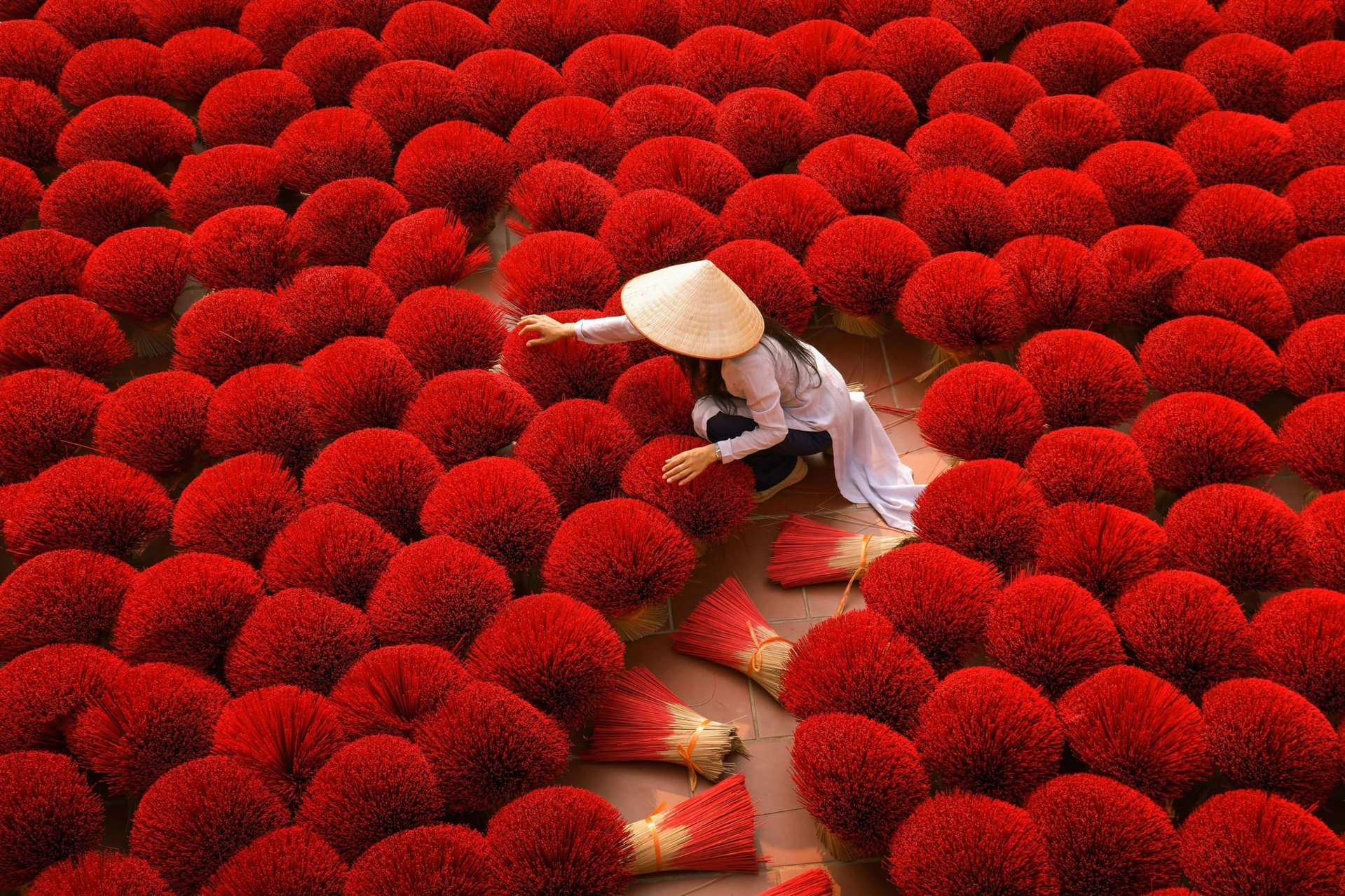
Vietnam is a country full of history, culture, and natural beauty, offering unforgettable experiences for every type of traveler. From bustling cities and ancient temples to serene countryside and pristine beaches, there is something for everyone. With careful planning, attention to local customs, and consideration for dietary or religious needs, Israeli travelers can enjoy a safe, enriching, and memorable journey.
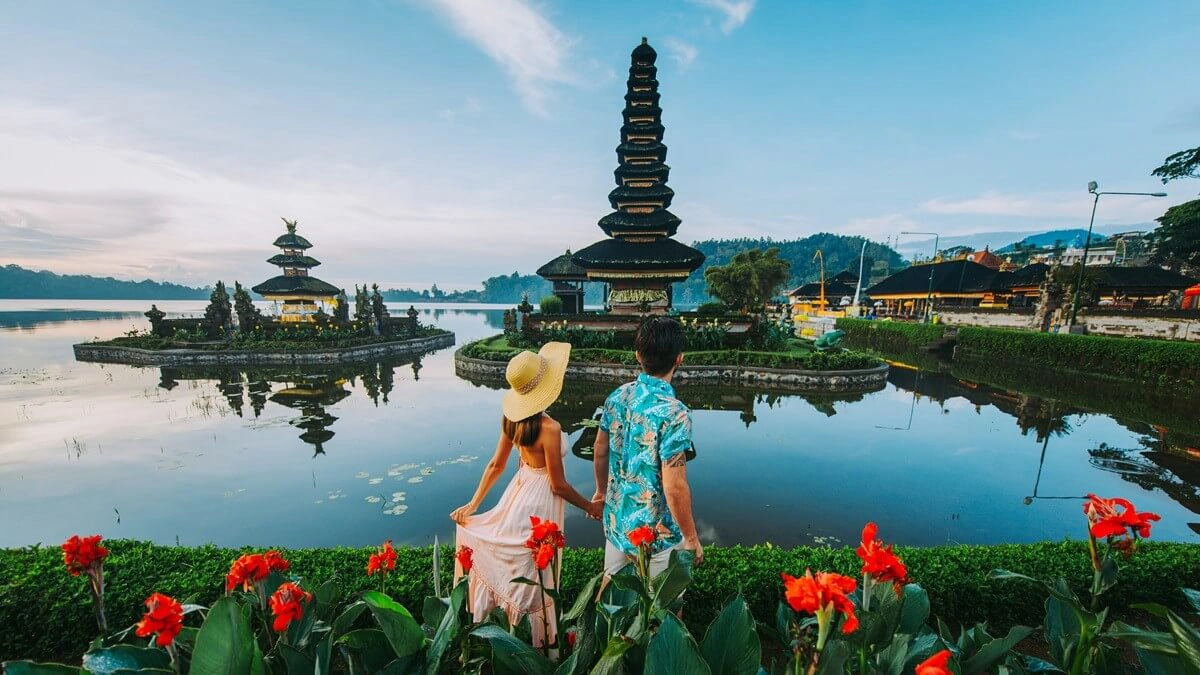
To enter Bali, travelers need a passport valid for 6 months; many nationalities get 30 days visa-free, while longer stays require a Visa on Arrival or e-visa. The island has a tropical climate with a dry season (Apr–Oct) ideal for beaches and festivals, and a wet season (Nov–Mar) with lush green landscapes. Cash in Indonesian Rupiah is essential for small expenses, though cards are accepted in larger venues, and transport mainly relies on taxis, ride-hailing apps, scooters, or private drivers. Visitors should respect local customs—dress modestly at temples, remove shoes in sacred spaces, and use the right hand when giving or receiving items.

Balinese cuisine is a vibrant reflection of the island’s culture, shaped by its Hindu heritage, fertile volcanic soils, and abundant spices. Meals are a harmonious balance of flavors spicy, savory, sweet, and aromatic—brought together through fresh herbs, coconut, peanuts, and chili-based spice pastes known as bumbu. Rice is the centerpiece of most meals, complemented by grilled meats, seafood, and an array of vegetable dishes. Many recipes are deeply rooted in ceremonial traditions, often served during temple festivals and family gatherings, making Balinese food not only a culinary delight but also a cultural journey.
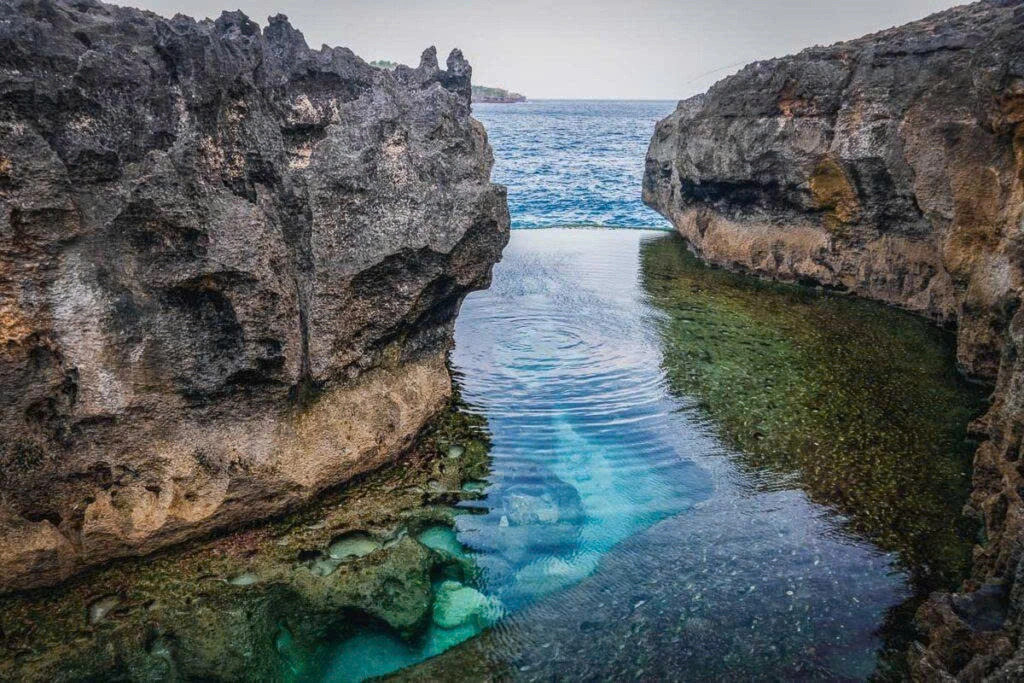
Nusa Penida is a stunning island off Bali’s southeast coast, famed for its rugged cliffs, crystal-clear waters, and dramatic landscapes. Highlights include Kelingking Beach with its dinosaur-shaped headland, Angel’s Billabong, and Broken Beach. Popular for snorkeling and diving, the island offers encounters with manta rays and vibrant coral reefs, making it a paradise for adventure and nature lovers.
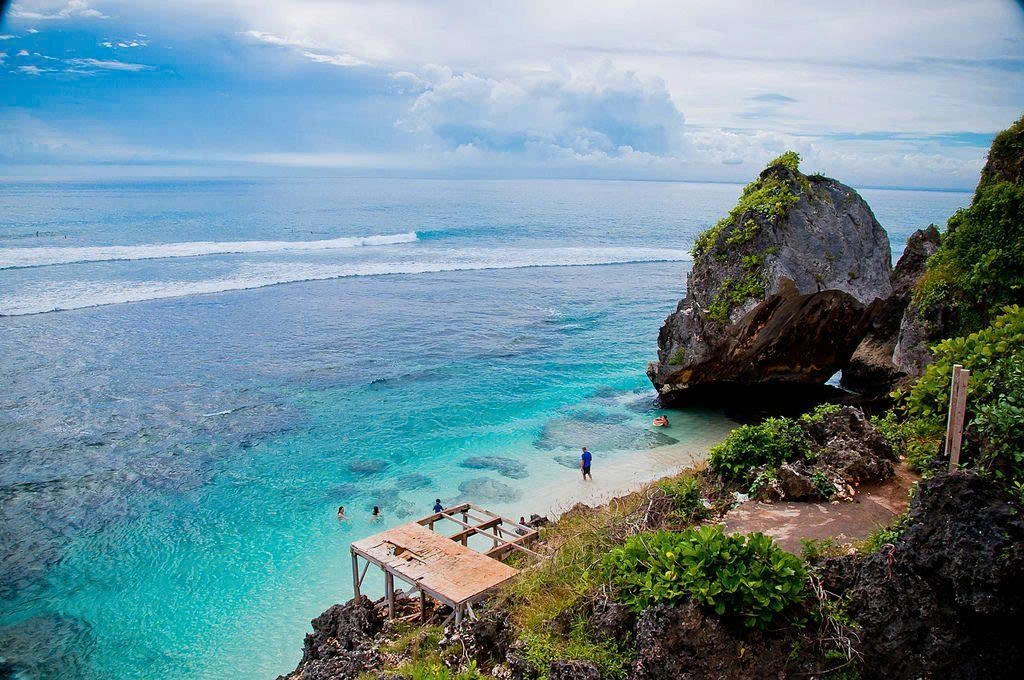
Uluwatu is renowned for its dramatic sea cliffs, world-class surf breaks, and breathtaking ocean views. At its heart lies the iconic Uluwatu Temple, perched high above the waves and famous for sunset Kecak dance performances. With luxury resorts, hidden beaches, and a relaxed coastal vibe, Uluwatu is a perfect blend of culture, adventure, and natural beauty.
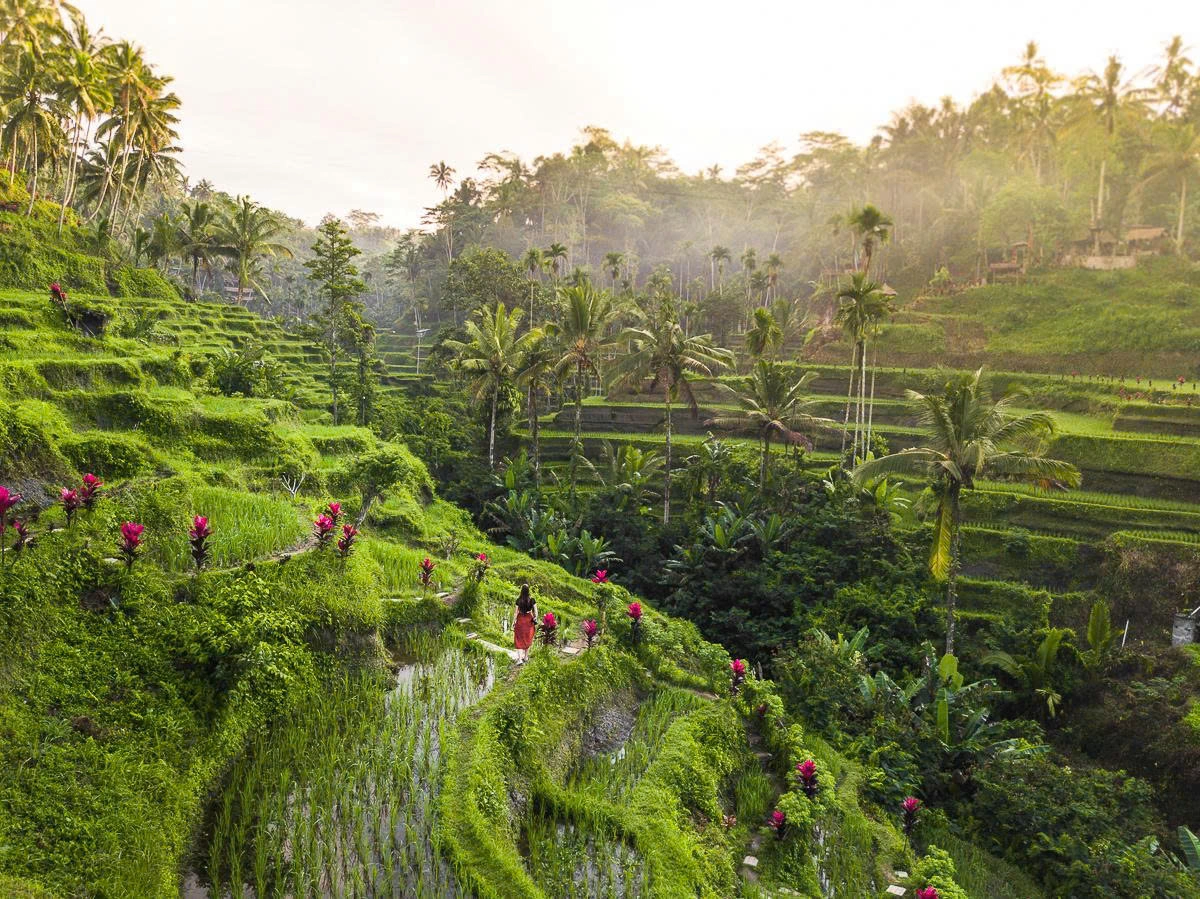
Ubud is the cultural and spiritual heart of Bali, surrounded by rice terraces, lush forests, and traditional villages. Known for its art, dance, and handicrafts, it’s also a hub for yoga, wellness, and spiritual retreats. With its temples, galleries, and serene landscapes, Ubud offers a deeper connection to Balinese heritage and nature.
Preparing for your upcoming trip to Asia?
Let us know what we can arrange for you!